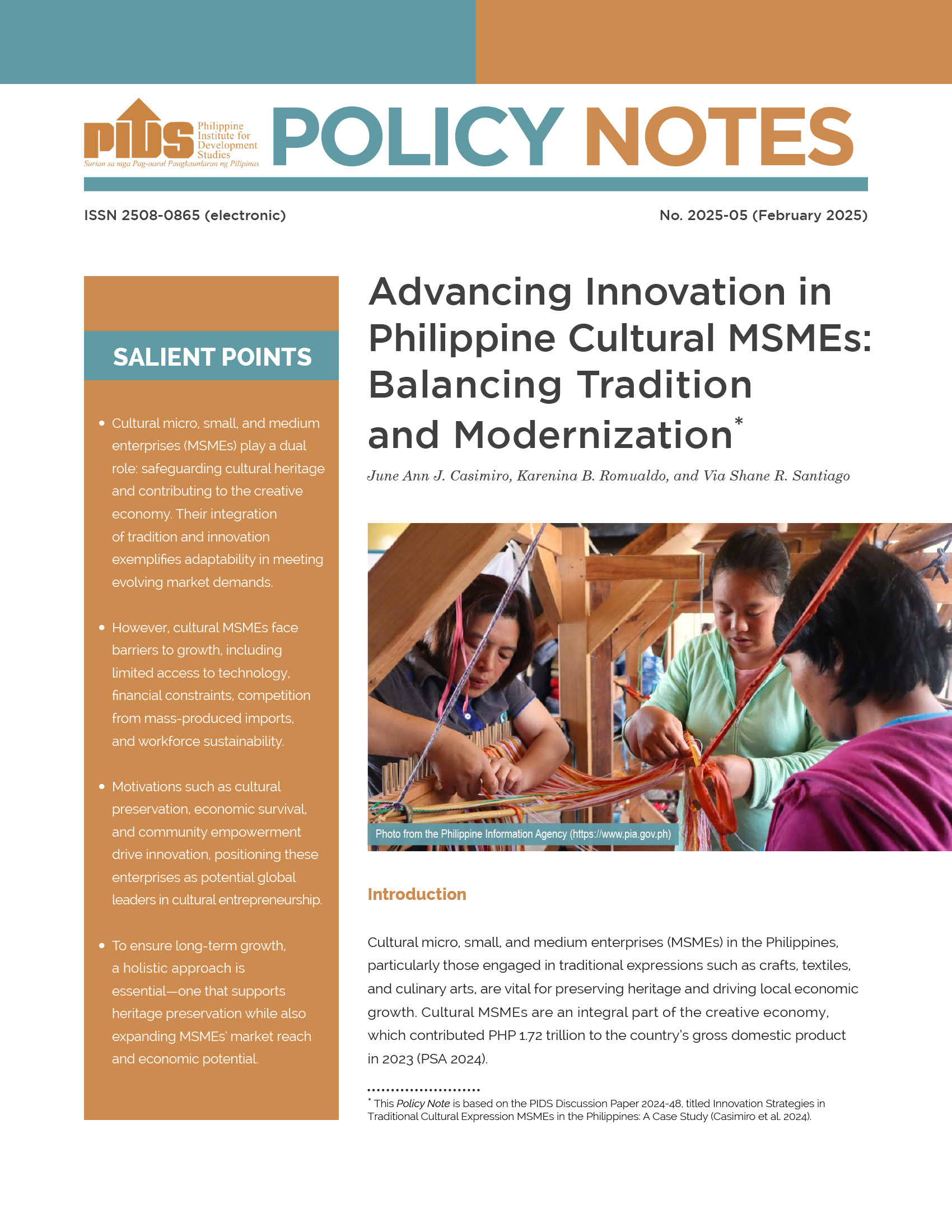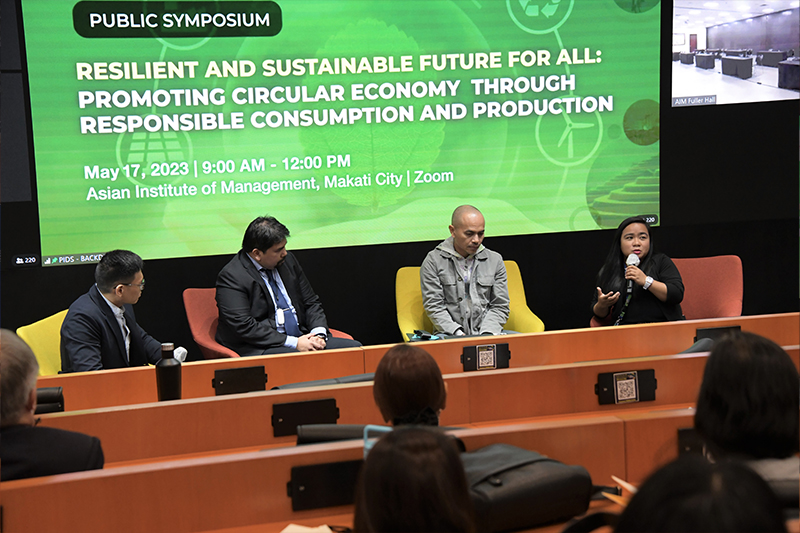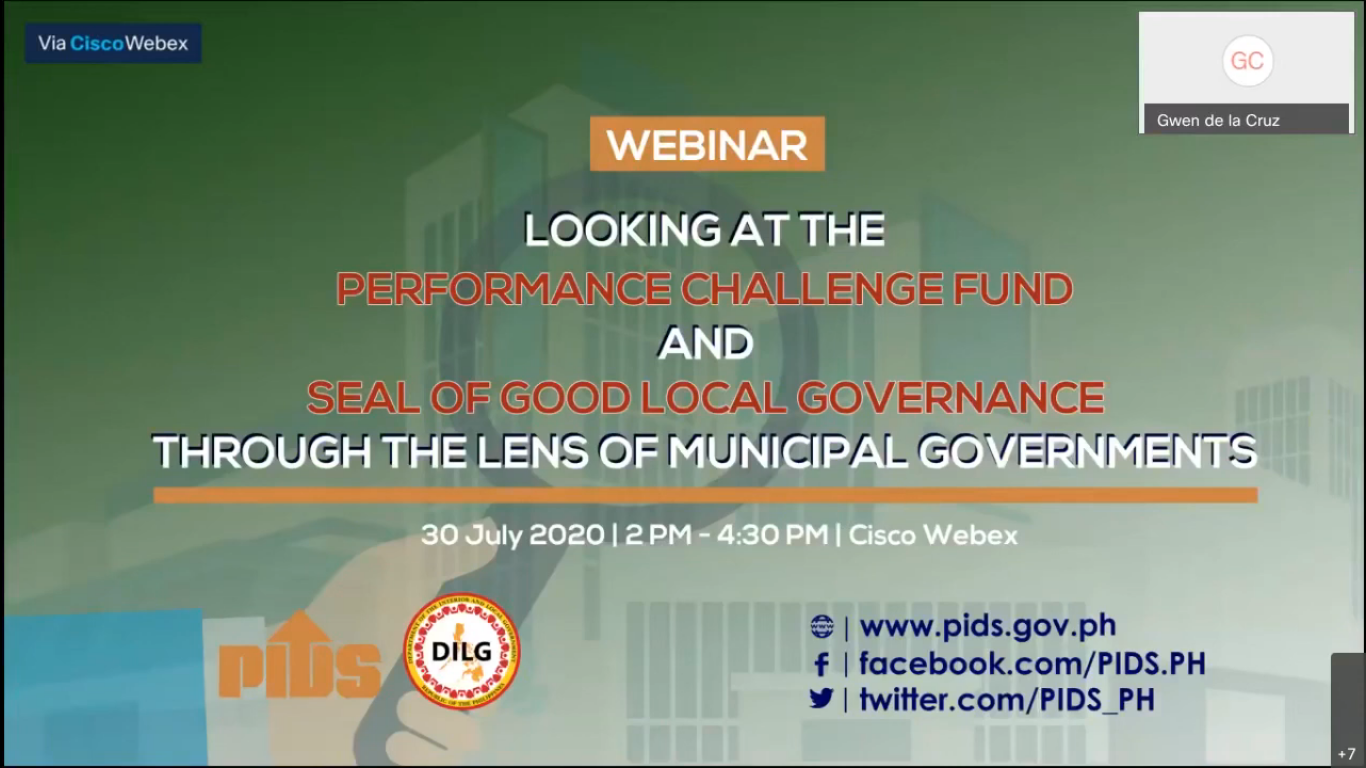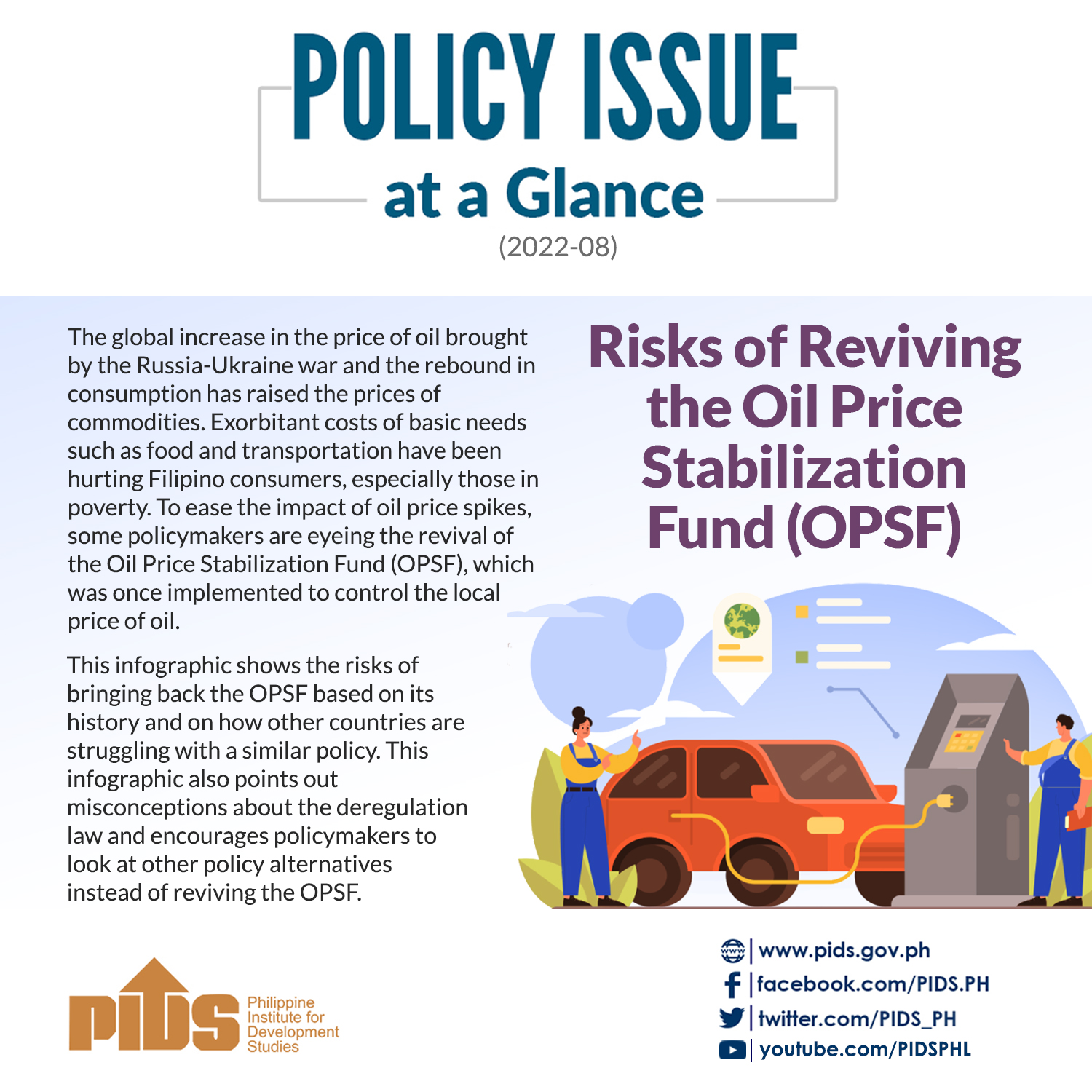Secretary Ramon Lopez of the Department of Trade and Industry (DTI) does not see the need to set up a separate fund to support sectors that will be displaced by the Philippines; accession to the Regional Comprehensive Economic Partnership (RCEP) agreement.
Instead, he proposes that agencies overseeing these sectors be given higher budget for programs of support.
Lopez warned of the erosion of market shares of agriculture exports of the Philippines if the country does not accede to RCEP in the wake of agriculture stakeholders’ call for the Senate to defer the concurrence to the ratification of the agreement.
Lopez did not have figures for the sectoral losses, except to cite a study that reports a marginal 3-percent increase in exports.
This as state think- tank Philippine Institute for Development Studies (PIDS) released yesterday a study that says the country’s participation RCEP would result in a 2.02 percent increase in real gross domestic product (GDP).
The study also emphasized that not implementing the agreement will have a cost to the country.
“Baseline results of the general equilibrium gravity model show that countries outside of the agreement would be negatively affected when RCEP comes into force,” the study said.
Meanwhile, Lopez warned the Philippines market shares in exports of pineapples, bananas, canned tuna and fish products, coconut cacao, garments, electronics ,professional services like engineering and architecture will erode,” Lopez told reporters on the consequence of not being part of RCEP.
But when asked if a fund will be created as a safety net for sectors to negatively affected by competition posed by RCEP, Lopez replied: “Budget, budget, budget, to support agriculture and industry production capacities to lower cost, use technology, increase yield, productivity and competitiveness (of these sectors). It’s a matter of budget with or without RCEP or FTAs (free trade agreements).”
Specific to agriculture, Lopez said what the sector needs is lower cost of production and increased competitiveness.
Instead of a fund, Lopez believes a bigger DA budget and good implementation of its programs as well as government procurement, will be a big support to agriculture, even without RCEP.
“We work this out as a condition so we don’t hostage RCEP. Our shares will erode and it will be hard to get them back,” Lopez said.
Lopez reiterated that the concerns of the agriculture sector are not affected by the RCEP as sensitive agricultural products are excluded and protected in RCEP.
While the PIDS research showed RCEP can be a catalyst for economic development, it also noted the need to improve the country’s trade openness, sectoral orientation and complementarity.
For instance, the country scored below 100 percent in trade openness in 2018 along with Indonesia and China.
According to PIDS, this showed that the country has not followed a growth path similar to its neighbors in the region, particularly Thailand and Vietnam, that scored above 100 percent.
Meanwhile, the sectoral and geographical orientation of the country’s trade revealed a concentration of Philippine exports, the bulk of which are machinery and electronic equipment, the PIDS report said.
The destination is also concentrated on its traditional partners in the region and the United States.
“Trade complementarity, or the extent to which two countries are natural trading partners, has been declining among some economies in the Association of Southeast Asian Nations, including the Philippines. Countries with increasing trade complementarity, such as Indonesia, Australia and Myanmar, may have the potential of benefitting more from the RCEP agreement when it takes effect,” PIDS said in a statement.
They also urged Philippine businesses to internalize the reduction in trade costs.
Given the concentration of Philippine exports, the authors said there should be support for private sector innovation and exploration of new products and new markets.











